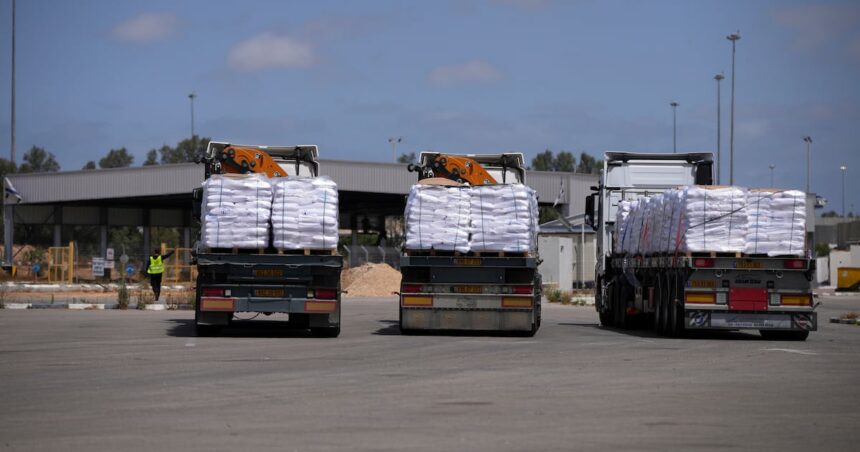In an unprecedented diplomatic shift, Canada has aligned with the United Kingdom and France in threatening “concrete actions” against Israel, potentially including economic sanctions, if Prime Minister Benjamin Netanyahu’s government proceeds with its controversial plans to expand settlements in the West Bank. This marks the strongest stance yet from nations traditionally counted among Israel’s closest allies.
“The time for mere expressions of concern has passed,” said Canadian Foreign Affairs Minister Mélanie Joly during an emergency press conference in Ottawa yesterday. “Canada stands firmly behind international law and will not hesitate to implement appropriate measures should Israel continue down this path.”
The joint statement, released simultaneously from London, Paris, and Ottawa, outlines specific redlines that, if crossed, would trigger a coordinated response. The move represents a significant hardening of Canada’s position, which has historically maintained strong bilateral relations with Israel while periodically criticizing settlement activities.
Economic analysts at the Royal Bank of Canada suggest that potential sanctions could target specific sectors of the Israeli economy with particular exposure to Canadian markets, including technology, defense, and agricultural products. Trade between Canada and Israel totaled approximately $2.8 billion in 2024, according to Statistics Canada.
“This coordinated approach significantly increases pressure on Netanyahu’s coalition government,” explains Dr. Sarah Levinson, Director of Middle East Studies at the University of Toronto. “What makes this particularly notable is the unified front from nations that have traditionally offered unwavering diplomatic support to Israel.”
The Israeli Embassy in Ottawa responded with a statement expressing “profound disappointment” at Canada’s position, arguing that settlement policies remain internal sovereign matters. However, Palestinian representatives in Canada welcomed the announcement as “a long-overdue recognition of reality on the ground.”
This development occurs against the backdrop of growing international criticism of Israel’s policies in the West Bank. The United Nations Security Council recently passed a resolution condemning settlement expansion, with the United States abstaining rather than exercising its traditional veto on Israel’s behalf.
Canadian Jewish organizations have expressed mixed reactions. The Centre for Israel and Jewish Affairs called the government’s position “deeply troubling and potentially harmful to Canadian-Israeli relations,” while Independent Jewish Voices Canada praised the move as “a necessary step toward accountability.”
Prime Minister Justin Trudeau defended the government’s position during Question Period, stating: “Canada’s friendship with Israel remains unshakeable, but true friends speak honestly when they see concerning actions. Our commitment to a two-state solution requires consistent principles.”
Political analysts note that this stance represents a calculated risk for the Liberal government, potentially alienating some pro-Israel voters while appealing to others concerned about human rights and international law. The Conservative opposition has already criticized the move as “abandoning our ally at a critical moment.”
As diplomatic tensions escalate, Canadian businesses with Israeli partnerships are quietly assessing potential impacts. The Toronto Stock Exchange has seen modest selling pressure on companies with significant Israeli operations, particularly in the technology sector.
What remains uncertain is whether this coordinated pressure will effectively influence Israeli policy, or simply push Israel to strengthen ties with other international partners less concerned with settlement activities. How far are Canada and its allies truly willing to go in translating warnings into action, and at what cost to long-established diplomatic relationships?

























